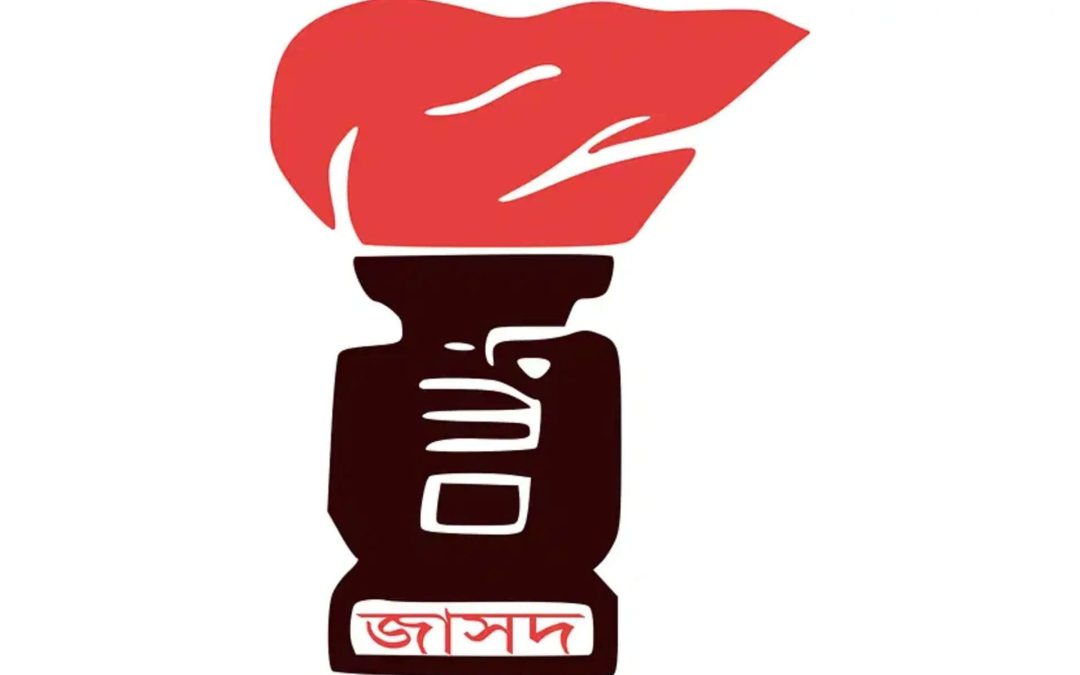The Jatiya Samajtantrik Dal (JSD) has called for changes to the government job quota system in Bangladesh.
Instead of getting rid of the system entirely, they believe it should be improved to make it fairer and more practical.
The party has urged the government to set up a special commission to handle this reform.
JSD’s View on the Quota System
JSD President Hasanul Haque Inu and General Secretary Shirin Akhtar shared their opinions in a statement on Tuesday.
They criticized the government’s 2018 decision to completely abolish the quota system, saying it was an emotional reaction to protests rather than a thoughtful decision.
According to them, the system needed better organization, not removal.
The JSD leaders suggested a universal pension system for university teachers, which they say would replace the current system they find unfair.
They also pointed out that the recent “Bangla Blockade” protests—which called for ending the freedom fighter quota—show deeper frustration with the quota system.
The High Court’s recent decision to bring back this quota has reopened the debate.
Why the Quota System Matters
The independence fighter quota was a key component of the JSD.
They explained that freedom fighters and their families made huge sacrifices during the Liberation War and suffered greatly under the Pakistani military and later anti-liberation governments.
Past governments created the quota system to honor these sacrifices and reduce inequality in society.
However, the JSD also recognized the need to update the system.
They believe that if the freedom fighter quota is no longer necessary, it should be gradually phased out.
They recommended setting clear guidelines on how long descendants of freedom fighters should benefit from the system.
The party also called for quotas to be reserved for women, ethnic minorities, people with disabilities, and underprivileged communities to make the system fairer.
The 2018 Protests and What Happened Next
The demand for reform became a major issue in 2018 when students organized large protests.
They wanted the government to change the quota system, and the government responded by abolishing it through an official order.
Nonetheless, the High Court recently revoked the provision of the ruling that deleted the freedom fighter quota.
This decision, prompted by a legal challenge, has reignited protests and public debates on the topic.
The JSD has called for peaceful discussions to solve the issue.
They emphasized that any reforms should follow the constitution and address modern needs, all while respecting the sacrifices of freedom fighters.
They believe the government should find a balance between disregarding the past and responding to present cries for justice.
What Comes Next?
The debate over the quota system is heating up again, creating political tension in Bangladesh.
Some people see abolishing quotas as a move toward fairness based on merit, while others believe this ignores the challenges faced by marginalized groups.
JSD’s proposal for reform tries to strike a balance by keeping the system relevant and inclusive.
As the government decides what to do, many are watching closely.
Will it follow the JSD’s advice for reform, or will it face new protests from unhappy citizens?
One thing is clear: the quota system will continue to test how committed Bangladesh is to fairness and equality in its policies.

